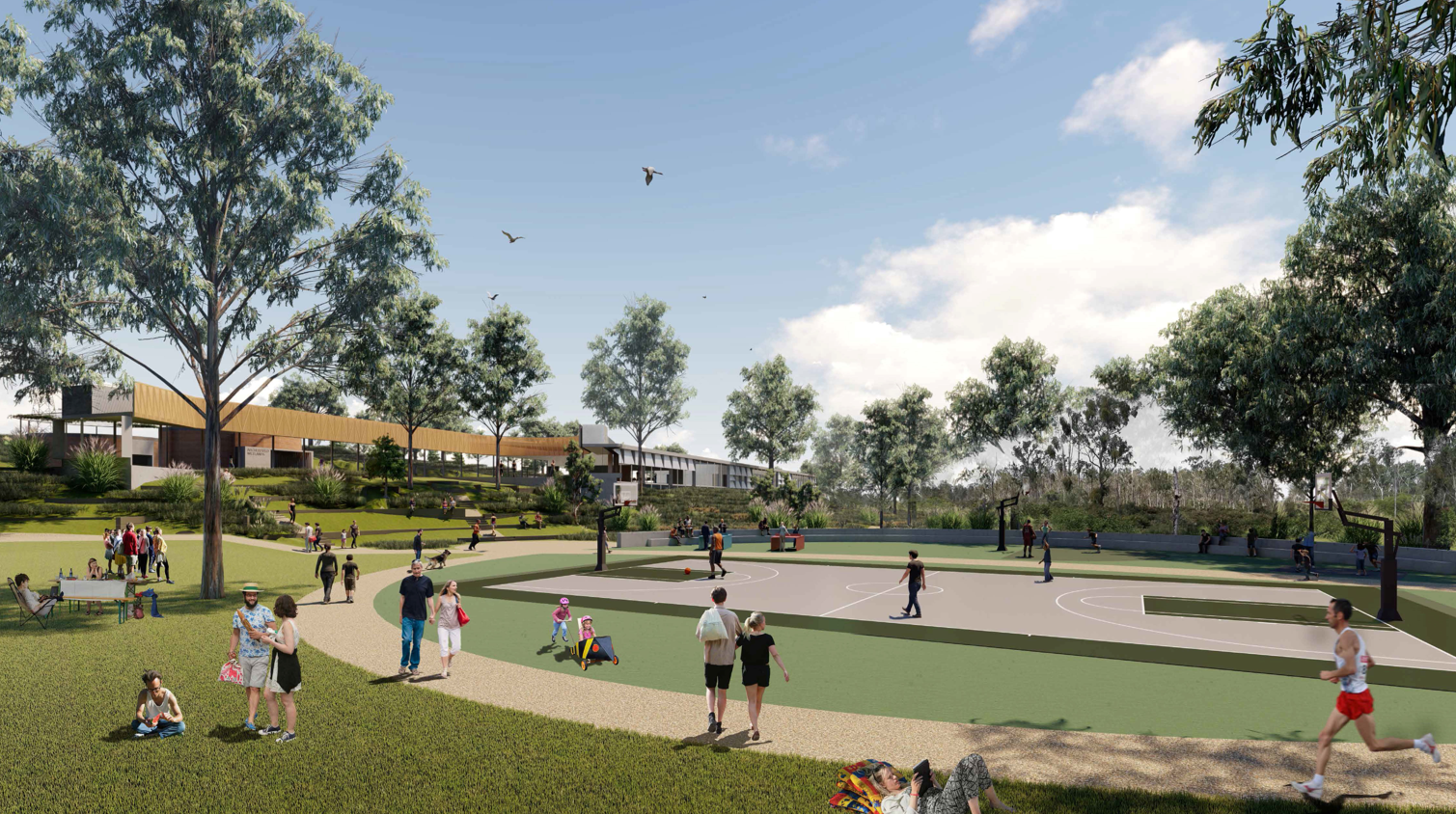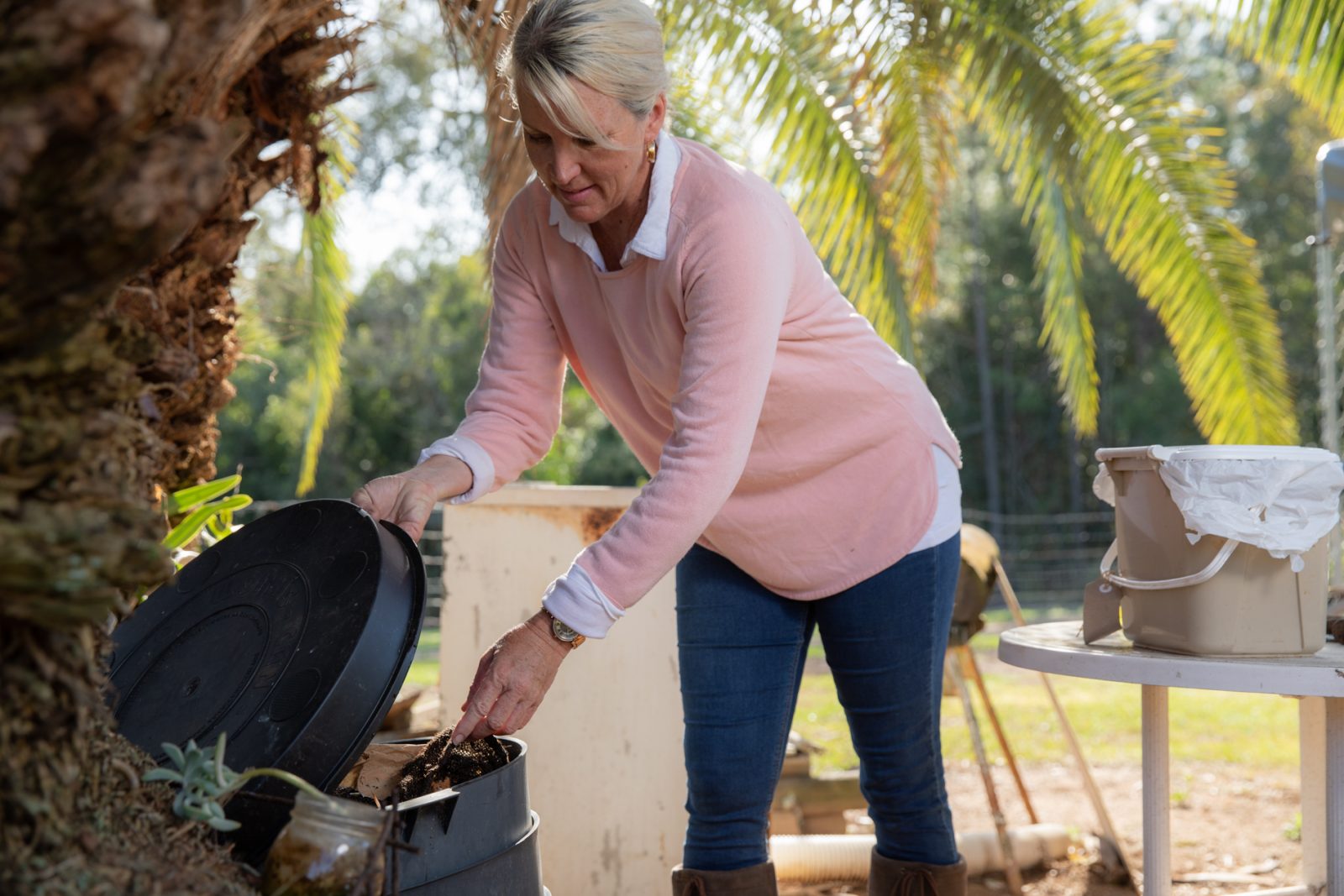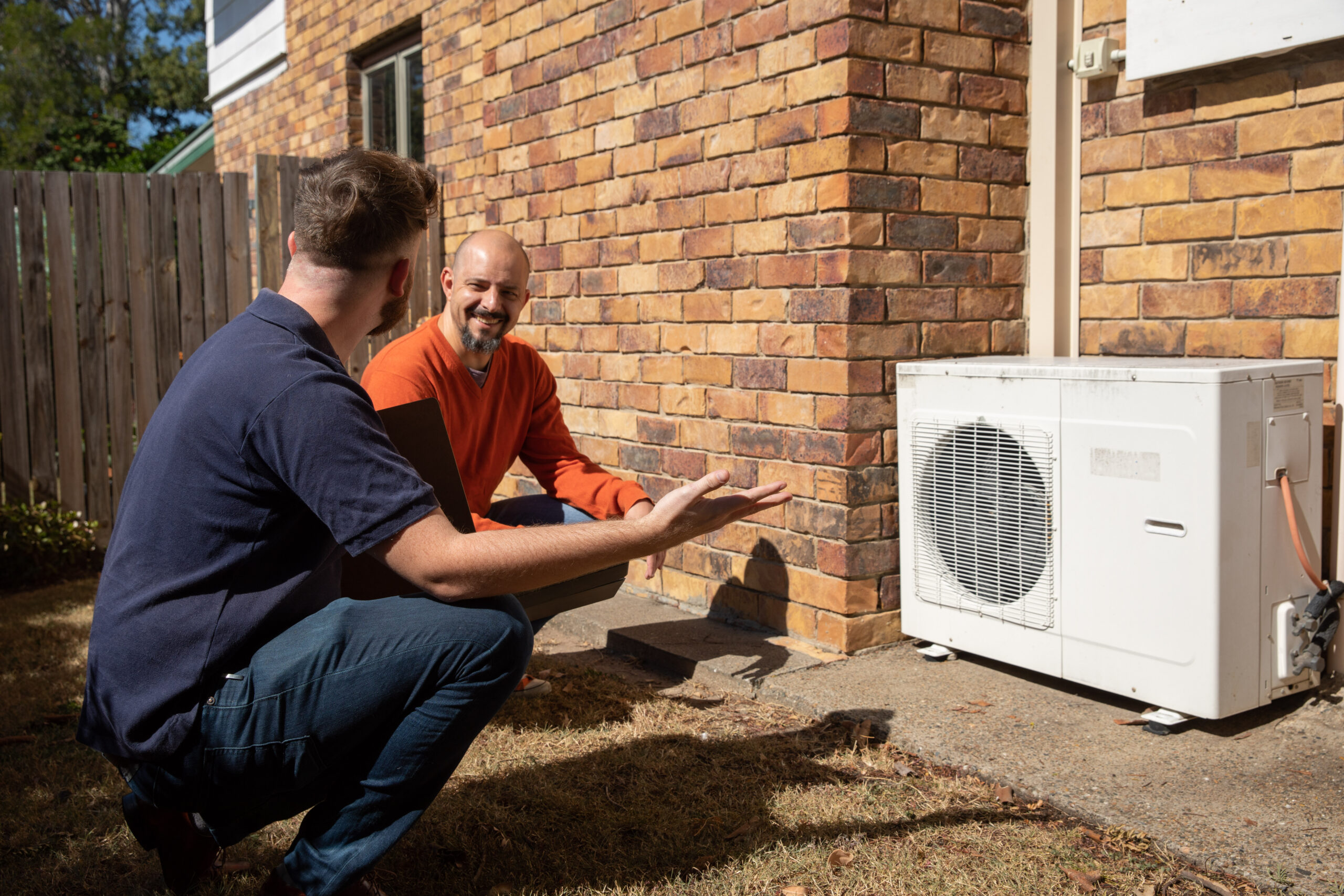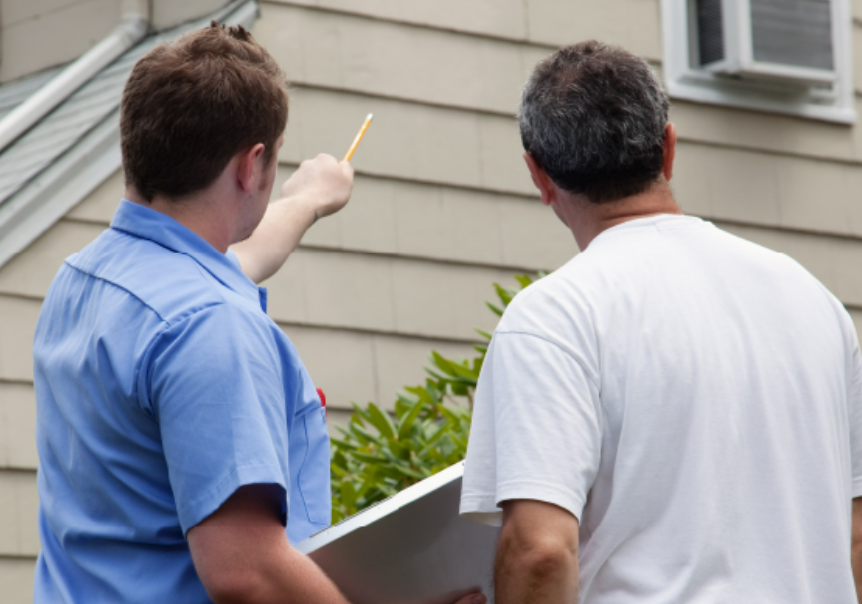The Wood household
The story of a Brisbane Carbon Challenge champion household.
Household:
COUPLE
Dwelling:
HOUSE
Ownership:
OWN
Total emissions reduction: 62%
Original emissions:
8.7 tonnes
Transport: 4.1 tonnes
Energy: 4.1 tonnes
Waste: 0.5 tonnes
Reduced emissions:
3.3 tonnes
Transport: 2.9 tonnes
Energy: 0 tonnes
Waste: 0.4 tonnes
About the household
Marina and Adam Wood live in their East Brisbane house with their dog. The busy couple participated in the Brisbane Carbon Challenge to go to the next level in reducing their carbon and environmental footprint without compromising their comfort levels and lifestyle. They found smart investments and choices to reduce their carbon emissions by an impressive 62%.
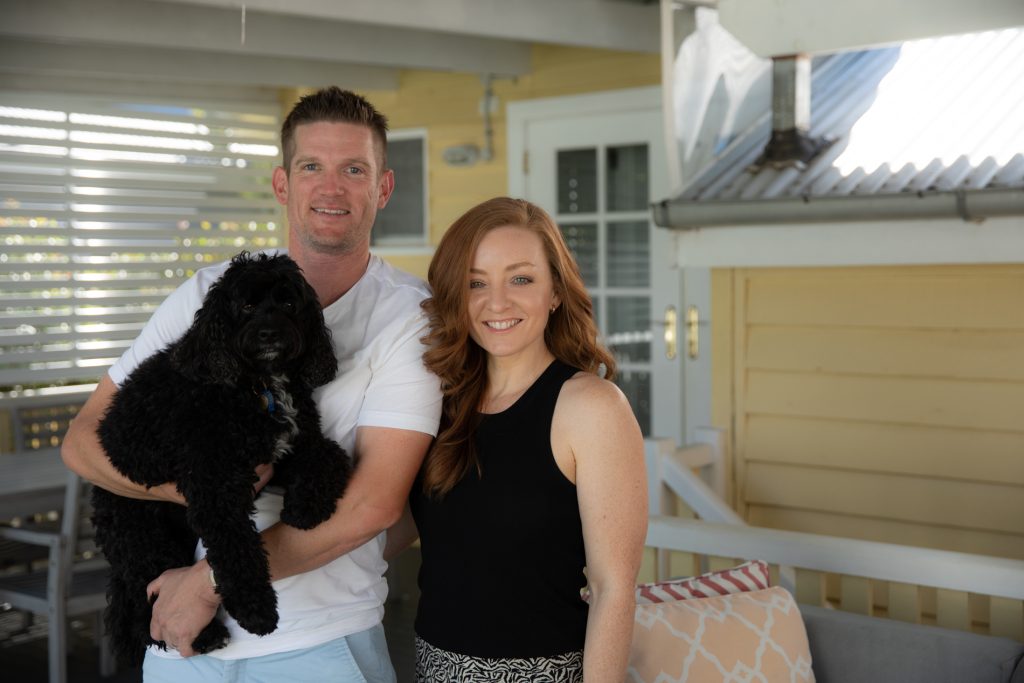
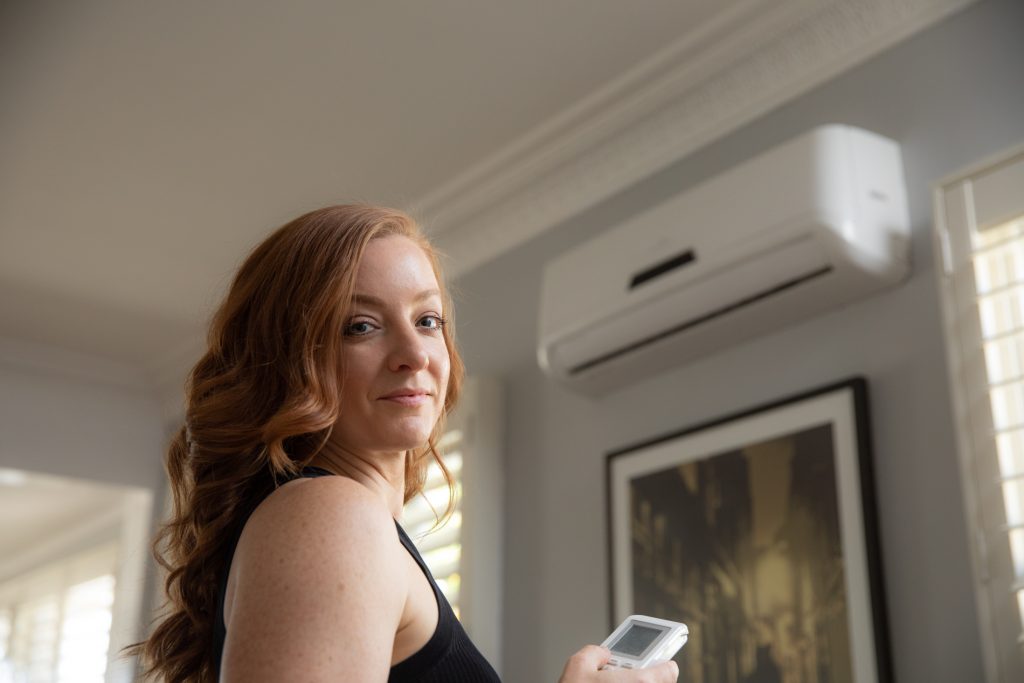
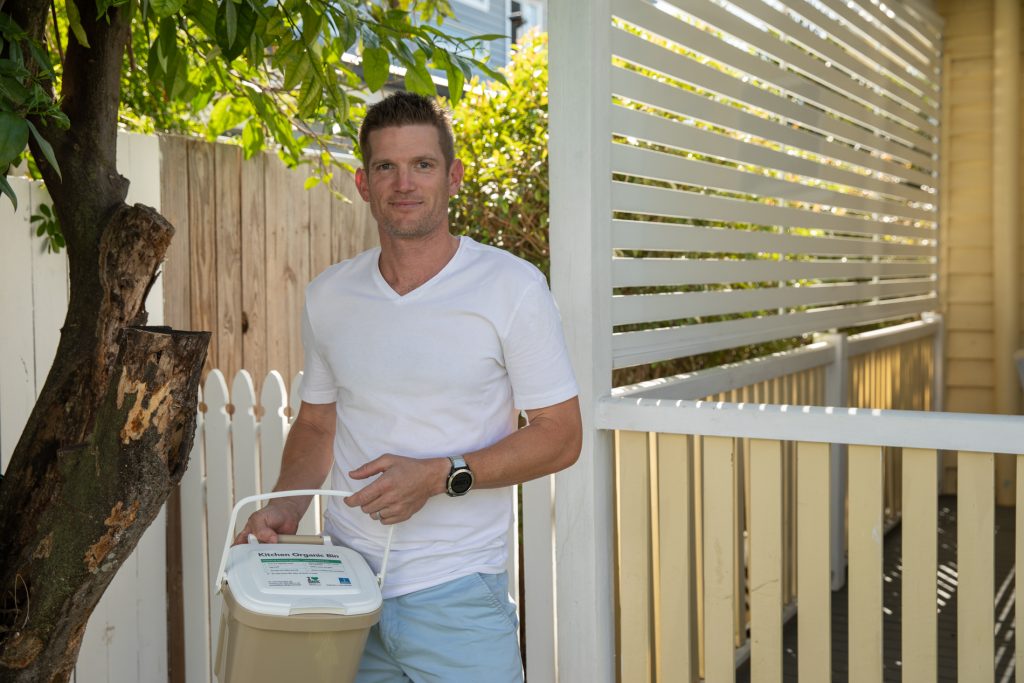
“Simple awareness and accountability about our actions has helped change habits of the entire household, which I believe will stick!“
Marina Wood
Successes
Maintaining lifestyle while being energy efficient
A few months into the challenge, Marina and Adam decided to install a pool and expected their power bills and energy emissions would increase. At the same time, however, they also installed a 5.5kW solar power system. Marina and Adam were surprised that by ‘running their pool pump and filter for only the hottest part of the day and utilising the solar power, the running cost of their pool has barely made a dent in their bills’. Marina noted, ‘We feel a lot less guilty about installing such a luxury, plus it’s more affordable.’
This is particularly impressive when you consider that pool filters typically account for 18% of the electricity bill for the average Australian home with a pool.
To make the most of the solar investment, the Woods also changed their energy habits. For example, they run the dishwasher and washing machine during the day using solar power rather than relying on energy from the grid in the evening.
Plus, to reduce their energy use, they also invested in a more energy-efficient air conditioner and a smart control that turns the system off when no one is in the room. As Marina and Adam still use grid electricity in the evenings, the couple purchased renewable energy (100% GreenPower) from their energy retailer. As a result of their efforts, even with a new pool, they reduced their energy emissions by 4 tonnes!
Planning meals saves emissions, money and time
Before the challenge, Adam and Marina estimated that 20% of their general waste going to landfill was food waste. In their busy working week, they struggled to fit in cooking and planning, which meant ordering take-out or cooking what was convenient.
Throughout the challenge, Adam and Marina tracked their weekly waste and noted the food scraps going in their new compost solutions. This ‘brought a lot more awareness to the amount that goes to waste.’
They noticed the benefits of learning how to store produce correctly: ‘[it] helps limit our waste, as does planning our meals in advance and trying to incorporate surplus ingredients into upcoming meals before they go bad. Less waste has also meant more savings on our grocery bill.’ Additionally, planning meals had the added benefit of reducing trips to the supermarket, saving more time and money on fuel bills
Challenges
Choosing between convenience and sustainability
As a busy couple, the biggest challenge Adam and Marina faced in their low-carbon journey was deciding between convenience and comfort over sustainability at times. For example, in their action plan, they committed to replacing some of their car trips with public transport and cutting out standalone trips to the shops. However, this was sometimes too complicated to organise, and they ended up driving to the shops because they forgot to plan out meals or taking a taxi into the city instead of going by train.
That said, Marina and Adam still had good experiences using public transport: ‘[We] did take the train to/from a dinner in the city on several occasions – something we would never have done in the past. Provided you plan your route and timings, for us it was not that big an inconvenience. It also saved us money!’
Marina’s top tip:
‘The accountability of noting down wastage each week and also in seeing food scraps go into our new compost brought a lot more awareness to the amount that goes to waste.’
Marina and Adam’s low carbon action plan:
- installed a solar power system
- purchased 100% renewable energy (GreenPower)
- reduced private vehicle use by cutting out trips
- replaced private vehicle use with public transport
- used E10 instead of petrol
- adopted eco-driving techniques
- used fans instead of the air conditioner
- upgraded air conditioner to a more efficient model
- upgraded fridge to a more efficient model
- upgraded lights to LED
- switched off appliances at the wall when not in use
- took shorter showers
- installed a low-flow shower head
- reduced food waste
- composted food waste.

